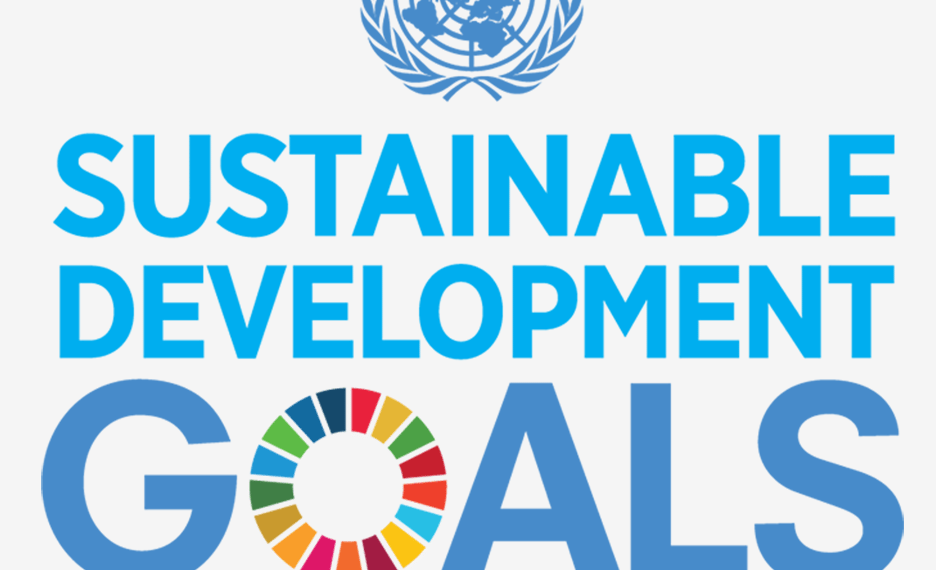On 27 August, a week ahead of the Asia-Pacific Climate Week (APCW, 2 – 6 September in Bangkok, Thailand), senior UN staff will explain in a 45-minute webinar for journalists how the meeting will be organized, and what to expect in the way of outcomes.
Asia-Pacific Climate Week is an important stepping stone to the 23 September Climate Action Summit convened by UN Secretary-General António Guterres on 23 September 2019 in in New York and to the UN Climate Change Conference COP25 in Chile in December of this year.
The meeting aims to support implementation of Asia-Pacific countries’ national climate action plans (Nationally Determined Contributions, or NDCs) under the Paris Climate Change Agreement and action to deliver on the Sustainable Development Goals.
Speaking at the webinar will be:
- Ovais Sarmad, Deputy Executive Secretary of UN Climate Change (UNFCCC)
- Stefanos Fotiou, Director of the Environment and Development Division of the United Nations Economic and Social Commission for Asia and the Pacific (UNESCAP)
- Sohel Pasha, UN Climate Change Asia-Pacific Climate Week Team Lead
Questions from the media can be taken in advance up to 24 hours before the webinar. Please send your questions topress@unfccc.int.
For more information please visit https://www.regionalclimateweeks.org/
To register, go here: http://www.asialeds.org/webinar-for-journalists-asia-pacific-climate-week-2019/
Or here: https://register.gotowebinar.com/register/7730774408024964620
About the UNFCCC
With 197 Parties, the United Nations Framework Convention on Climate Change (UNFCCC) has near universal membership and is the parent treaty of the 2015 Paris Climate Change Agreement. The main aim of the Paris Agreement is to keep a global average temperature rise this century well below 2 degrees Celsius and to drive efforts to limit the temperature increase even further to 1.5 degrees Celsius above pre-industrial levels. The UNFCCC is also the parent treaty of the 1997 Kyoto Protocol. The ultimate objective of all agreements under the UNFCCC is to stabilize greenhouse gas concentrations in the atmosphere at a level that will prevent dangerous human interference with the climate system, in a time frame which allows ecosystems to adapt naturally and enables sustainable development.
See also: http://unfccc.int
Follow UNFCCC on Twitter: @UNFCCC| Español: @CMNUCC| | Français: @CCNUCC | Deutsch: @UNKlima,
UNFCCC Executive Secretary Patricia Espinosa on Twitter: @PEspinosaC
UNFCCC on Facebook: facebook.com/UNclimatechange
UNFCCC on LinkedIn: UNFCCC
UNFCCC on Instagram: @UNFCCC


